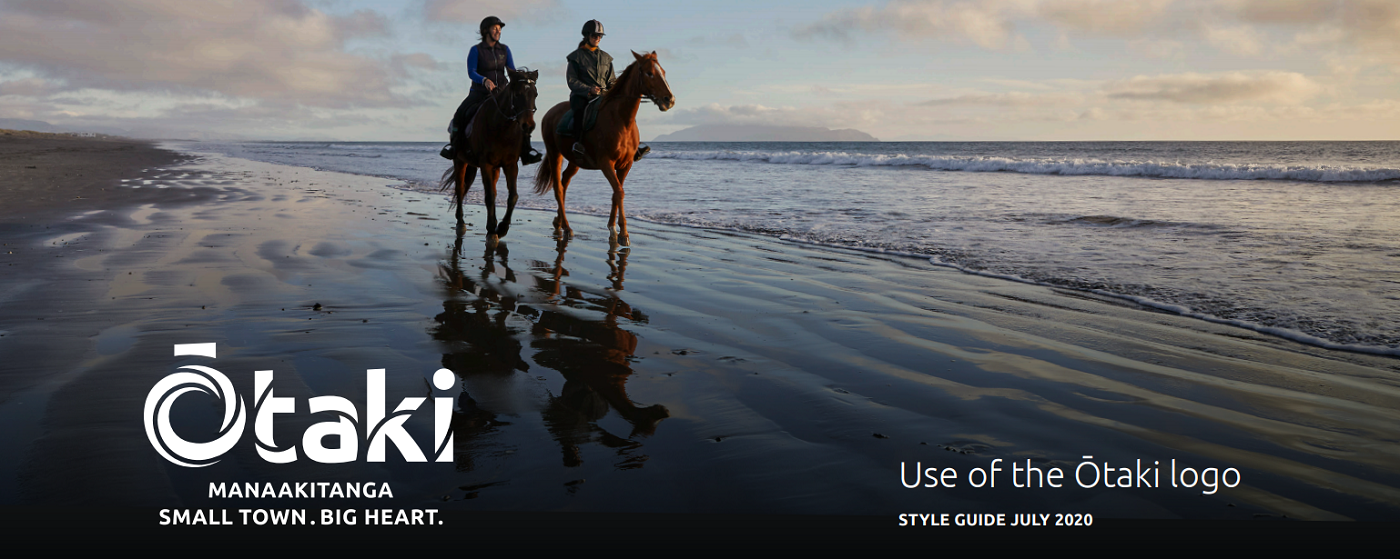
At the time of writing this article about 20 percent of the eligible population is unvaccinated.
Worryingly, the number of people getting their first jab has been consistently dropping over the past few weeks. It looks like it might be a battle to get our vaccination rate over 90 percent.
We are now moving from our successful elimination strategy to living with the virus. The cost in terms of illness and death, the impact on our healthcare system, and the extent we will need to use ongoing strategies such as mask wearing, will all depend on the success of our vaccination programme.
The reasons for vaccine hesitancy are diverse, including the belief that there are natural alternatives to vaccination. Sue Grey, the co-leader of the Outdoors Party and anti-vaccine activist, claims: “A safer more natural approach than the current heavy reliance on experimental vaccines is surely to focus on enhancing the immunity of all. We know that sunshine and vitamin D have significant protective effects.”
The appeal of safe, natural treatments certainly resonates with people. At the start of the pandemic sales of immune-boosting supplements more than doubled in New Zealand.
The anti-vax group Voices for Freedom asks: “Why are our health authorities ignoring the science on vitamin D” and says that “recent studies show that nine out of 10 Covid-19 deaths could be prevented if people had adequate vitamin D levels.”
The prevention of nine out of 10 deaths is a quote taken from a Fox News interview with a chiropractor who didn’t reference the actual studies. Hardly quality evidence, but the sort of scientific rigour we have come to expect from Voices for Freedom.
So what does the science say about the role of vitamin D in preventing or treating Covid-19?
Early in the pandemic an Indonesian study reported that the Covid-19 death rate for people deficient in vitamin D was nearly 99 percent, but only 4 percent for those with normal vitamin D levels. Dramatic stuff, but the preprint was quickly removed when it was determined to be fake. The hospital with which the authors claimed to be affiliated had never heard of them!
Another influential early study, a Spanish randomised clinical trial administering vitamin D to patients hospitalised with Covid-19, reported outstanding results – an 80 percent reduction in intensive care admissions and a 60 percent reduction in Covid-19 deaths. But this preprint was also retracted after major methodological flaws were uncovered.
Sensational preprints are widely shared and discussed on social media and are highly influential. Unfortunately, retractions, or peer-reviewed corrected versions, are not shared or discussed as much. I highly suspect the chiropractor on Fox News was referring to unrefereed preprints.
Many observational studies show an association between low levels of vitamin D and severe Covid-19, but these studies must be interpreted cautiously as they are heavily confounded. People with low vitamin D levels also tend to be older and have comorbidities such as obesity and diabetes – all major risk factors for severe Covid-19. Observational studies cannot determine the actual causal factor.
Researchers must also consider the possibility of reverse causality; rather than low vitamin D levels leading to severe Covid-19 they must also consider the possibility that having Covid-19 lowers vitamin D levels. There is evidence for this.
In sum, causality cannot be determined from observational studies, they cannot establish the extent vitamin D might protect people against Covid-19.
So what are the results for vitamin D supplementation in randomised controlled trials (RCTs)?
Results to date have been mixed and unconvincing. For example, a multicentre RCT comparing high-dose vitamin D to placebo in Covid-19 hospitalised patients found that the vitamin D treatment did not reduce length of hospital stay, admission to ICU, need for mechanical ventilation or mortality.
On the basis of mixed results and methodological weaknesses of existing RCT studies, health authorities feel there is a lack of good evidence to specifically recommend vitamin D supplementation for Covid-19. They are not “ignoring the science” as Voices for Freedom suggest, they are carefully appraising the science. This appraisal is ongoing. More than 30 RCTs are currently investigating the role of vitamin D in treating or preventing Covid-19.
But there is nothing in the existing data to indicate maintaining vitamin D levels any different from what is already recommended by the Ministry of Health for good bone health.
Most importantly, the data shows that you can stand in the sun as much you like, and take all the vitamin D supplements you want – it will not guarantee Covid-19 immunity.
It is of course important we maintain as healthy an immune system as possible, with a good diet and healthy lifestyle. But as wonderful as our immune system is, it has its limits. Healthy people can still get food poisoning, hepatitis, measles and Covid-19. With Covid-19 the only practicable way forward is vaccination.
LATEST POSTS
- Who was our first knight?
- ‘No Ōtaki consultation’ on polyclinic
- The value of bowel screening – a first-hand account
- Carl Lutz – farmer who loved the land, and Fordsons
- The healing powers of kawakawa
- New GP service on the way
- Arthur saw nature ‘with eyes of admiration’
- Ōtaki abuzz with film festival - Ōtaki Today
- Hall helps to connect and build community
- Plenty of help organisations in times of need
- Di’s QSM for services to community and environment
- Rewi’s story one of adversity in old Ōtaki
- Urban designer poses critical question - What’s the plan for Ōtaki?
- New road evokes memories of apples and steam trains
- A slick and shiny surface signals a ready expressway – almost
- Black ferns 10, NZ Rugby 0 – no contest!
- Let’s think outside the box to solve town’s problems
- A full life for proud dad Sam Doyle
- Helping navigate the crossroads of people’s lives
- Ōtaki could be even greater, if by design

